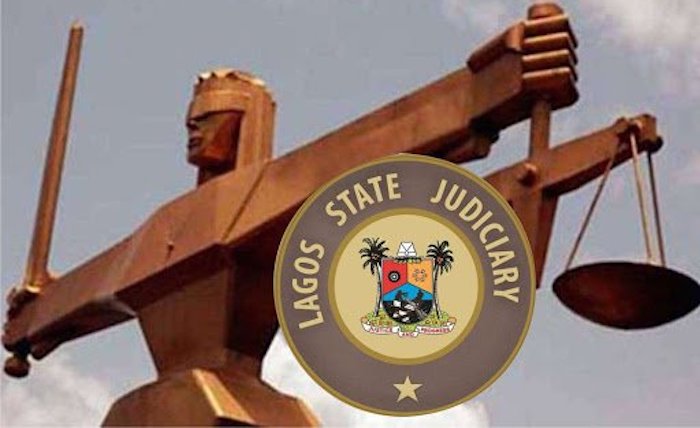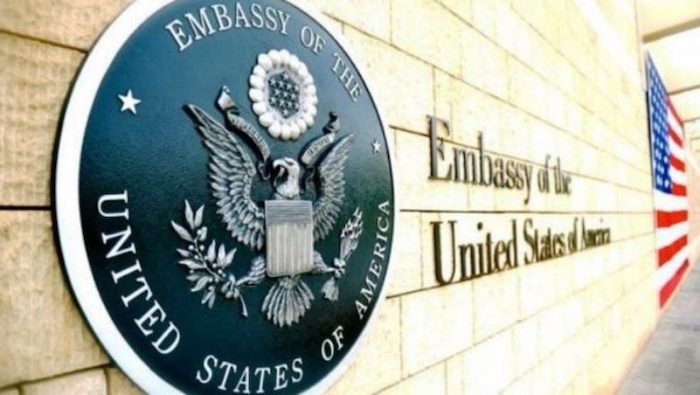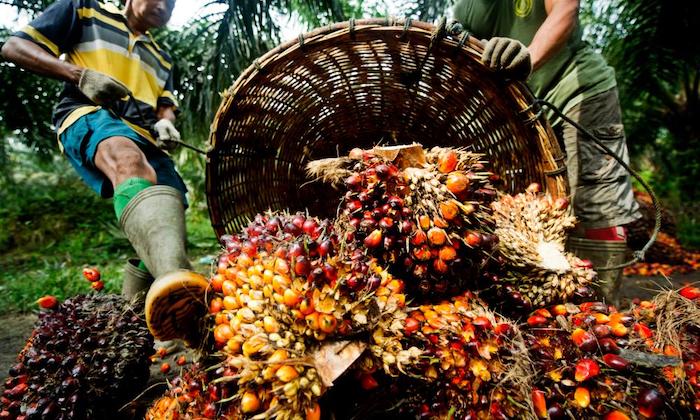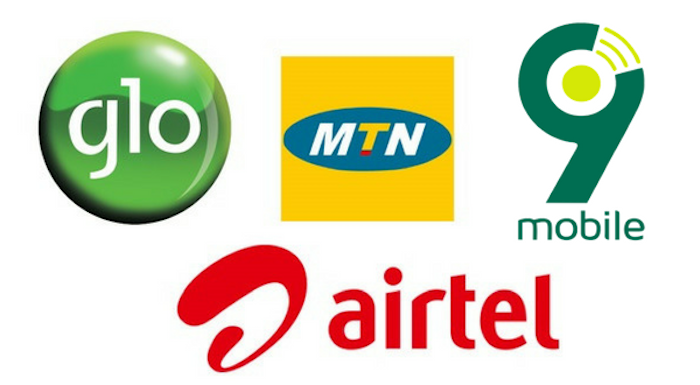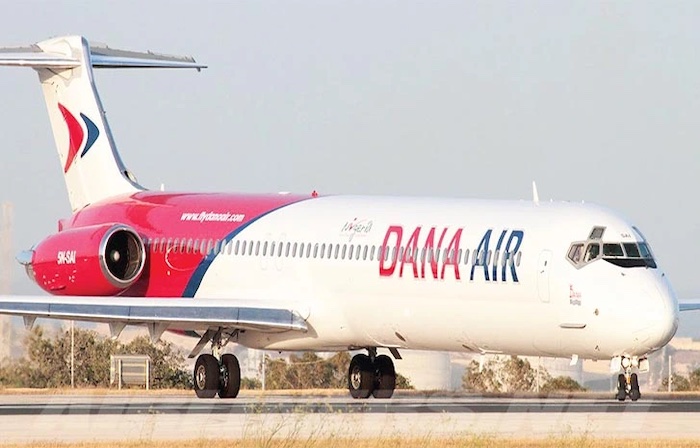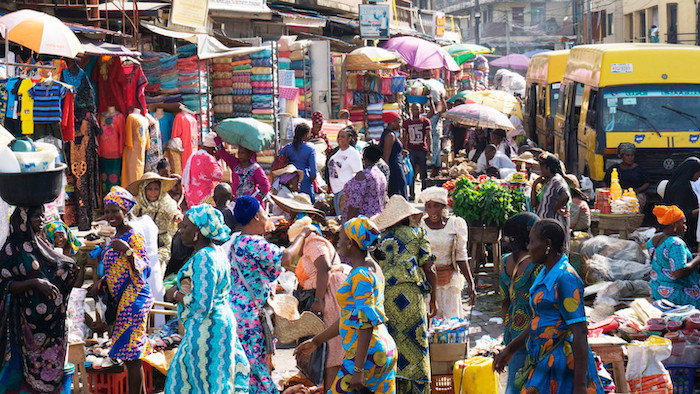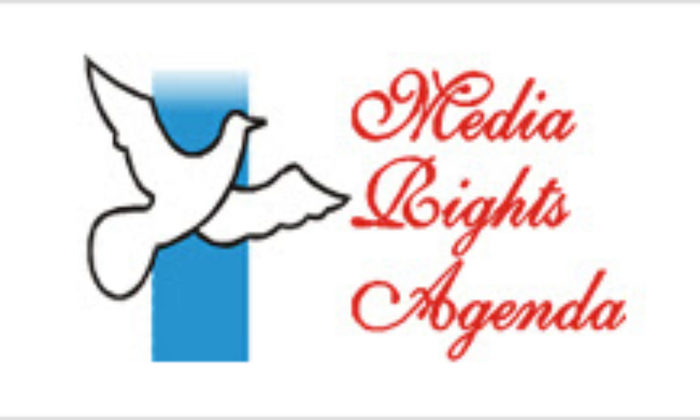Pastor Bags Life Jail For Defiling 12-Year- Old Twin Girls
..Judge Calls Him Serial Rapist,Irresponsible Pastor
A Lagos State Domestic Violence and Sexual Offences Court sitting in Ikeja ,has sentenced a 54-year-old pastor, Michael Oliseh, to life imprisonment for defiling his friend’s 12-year-old twin daughters.
In her verdict on Wednesday,Justice Abiola Soladoye,described Oliseh, an assistant Pastor of the Anointed Chosen Vessel Ministry in Okota, Lagos, as a “serial rapist” ,who took turns to defile his friend’s daughters.
The judge sentenced Oliseh to life imprisonment on the two-count charge bordering on defilement.
She said that the sentences should run concurrently, adding that should have his name entered in the Sex Offenders Register of the Lagos State Government.
She maintained that the prosecution had proved the charges of defilement against Oliseh beyond any reasonable doubt.
She added:“The testimony of the defendant portrayed him as a serial rapist who took turns to defile the survivors.What a disloyal and untrustworthy pastor, who shamelessly and audaciously had sexual intercourse with his friend’s children who were entrusted in his care.
“His conduct is unbecoming of a pastor.Having been found guilty as charged with the two offences, the defendant is hereby sentenced to life imprisonment.’’
Soladoye also lampooned the parents of the survivors for lack of discipline by sending the survivors to stay with the convict.
She added:“Parents of the survivors lack discipline and ought not to have sent their children to go stay in Oliseh’s house.Children are not to be entrusted with rowdy adults. They should be kept in the hands of responsible adults who have their goodwill at heart.The need for responsible parenting cannot be overemphasized,” the judge said.
Five witnesses were invited by the court during the trial and five exhibits were tendered.
The prosecution counsel, Mrs Olufunke Adegoke, had told the court committed the crimes sometimes in November 2017 in Ago, near Okota, a suburb of Lagos.
Adegoke said that the defendant raped the survivors after their father had entrusted them in his care and travelled to the village for a burial.
She said that Oliseh then threatened the victims that their father would become jobless if they told anyone about the sexual encounter.
She also said that Oliseh was caught by one of the neighbours after he had chased one of the survivors in the compound and dragged her with her pant.


